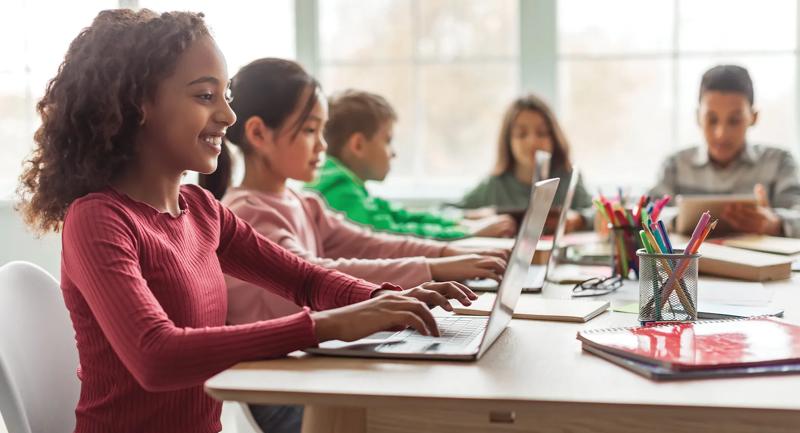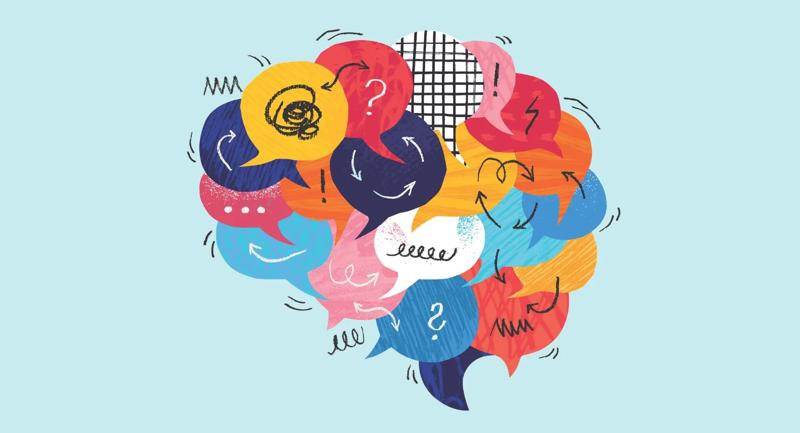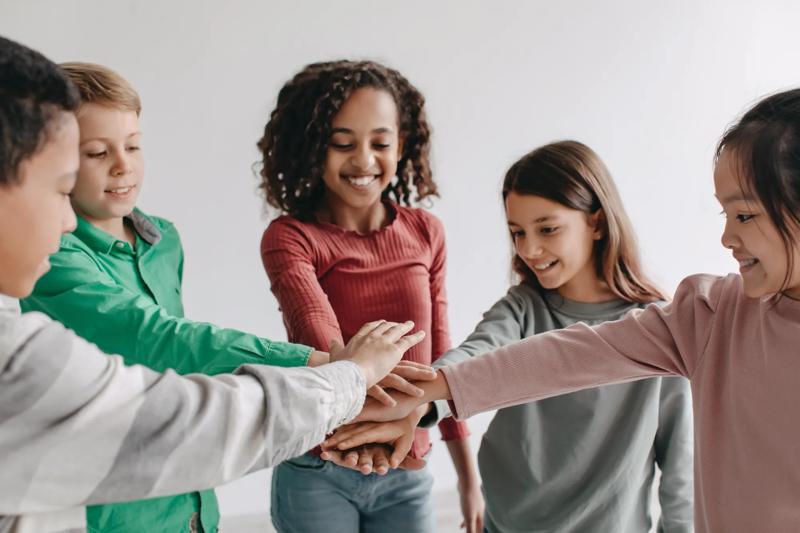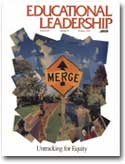What Do Gifted Students Say?
About explaining material. First, they have a hard time understanding why other students can't grasp material that they have no difficulty with. They also resent having to explain the material to students who won't listen to them. What's the point in me explaining it; he's there listening to everything we're saying when we're in our group ... so why doesn't he just hear what we're saying, you know, instead of singling him out and then explaining and you know he's not even listening to you. Gifted students also resent the time taken away from their own learning to work with uncooperative students. They enjoy explaining material if a student wants to learn but get frustrated if it is hard for the other student to understand: If they seem interested then you'll explain it ... at least you feel like they got something out of it. You feel frustrated because they can't get it as easy as you, even though they're trying as hard as they can.
None of the 15 students say that they understand the material better themselves after explaining it to others. As one points out: When you explain it, you want to do it real fast because you're bored or something and you might leave out something real important and the kid doesn't get all of it [as a result]. And then you say, `Do you get it now?' and because you're going so fast, the kid goes, `Yeah, yeah, yeah,' and you just go on with it. These gifted students see no benefits for themselves, and they recognize how their being bored with the material could hurt another student.
About social skill behaviors. The social skill behaviors identified by the Johnsons include those that allow for successful group functioning. The gifted students were supposed to divide the work equally among all the group members, but they were concerned about quality. A student comments: You split up the work and say, “You do this,” and “You do that,” but sometimes the other person doesn't do it or doesn't do it at all well ... [In that case] you feel that you should do it again because it's real bad and you'll probably get a worse grade. It's this concern with quality that many times causes gifted students to dominate the group or to do all the work themselves. Many students are troubled about this. One student comments: I did a project last year and I spent half of my time explaining to the others in the group what to do and they just sat there reading magazines in the library all the time. I did all the work and still got a D on it because they did absolutely nothing. As a result of this experience, this student had a negative attitude toward fellow group members.
About cooperative learning in homogeneous groups. Silverman suggests that gifted students will learn humility and democratic values much better by being placed with their intellectual peers (see Willis 1990). The students in this study were much less negative about cooperative learning when working with students on their level: If we're all on the same level we just help each other ... overall it's pretty balanced. If one kid knows more on one subject, he teaches the other ones, and if another one knows another subject, he just tells them what he knows. I don't think we have a dominant person. [in that case].
The students also discuss the issue of trust when working with peers: You feel more relaxed because you know you won't have to do all the work ... we're good at different things.... If you work in a group with someone that you know that isn't scared or ashamed to say, “I think we should do it this way.” You might fight over it for a little while but eventually.... If you know that they're on the same level as you then you think they're going to come up with an idea that's just as good so it's easier to have confidence in them ....”
What Can Educators Do?
Six Ways to Make Cooperative Learning More Effective
Design cooperative projects so that all students can interact and contribute equally. Avoid traditional worksheet, “right answer” tasks, because often they will be completed by one person, who can do the job better and more efficiently than the group.
Use new curricular materials that involve collaborative practices—projects in which students share creative ideas, build on one another's knowledge, and draw on diverse skills (Cohen 1990, Gamoran 1990). Projects might include: writing workshops, oral histories, guided nature walks, ecology projects, discussions of political issues, plays, science experiments, manipulatives-based math explorations, Odyssey of the Mind competitions, Future Problem Solving teams, and foreign language talk shows.
Encourage successful group functioning by including five conditions: positive interdependence, face-to-face interaction, individual accountability, social skills, and group processing. (Johnson et al. 1986)
Set authentic group goals that are important to group members. Sharan and Sharan point to student interest and autonomy as motivating factors and essential to the success of cooperative learning (1989/90).
Teach students how successful groups work and how to apply this information to their own groups (Johnson et al. 1986). How to ask for assistance, help others, and take responsibility for group members are important skills (Cohen 1990). Roleplay and model these skills with students.
Group students in flexible ways. If we group students heterogeneously at all times, the only one providing assistance will probably be the high-achieving student. Flexible grouping gives the low achievers the opportunity to realize the positive effects of being the “explainer” and provides gifted students opportunities to get to know and work with a wide range of students.
—Marian Matthews





